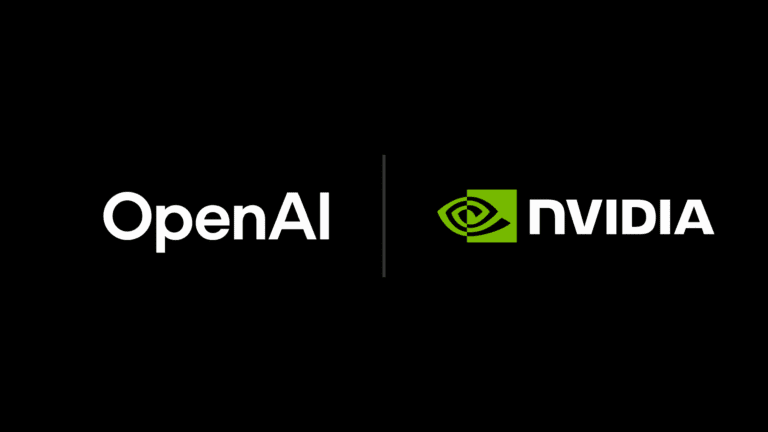
In a significant stride towards merging the boundaries of quantum computing and artificial intelligence, ORCA Computing announced today the launch of their latest innovation, the PT-2. This new photonic quantum system promises to revolutionize generative AI by integrating quantum-enhanced capabilities directly into existing high-performance computing environments.
A New Era in Quantum Computing
Building on the success of its predecessor, the PT-1, which had already seen deployment in seven on-premises systems worldwide, the PT-2 introduces advanced quantum-enhanced machine learning features. “This is not just an incremental upgrade but a quantum leap in practical quantum computing,” stated ORCA Computing’s CEO during the unveiling event. The PT-2 is designed to seamlessly integrate with the NVIDIA CUDA-Q development platform, thereby enhancing the capabilities of generative AI models to an industrial scale.
Integration and Applications
The PT-2’s architecture is tailored to fit into current data center infrastructures, making it the first of its kind to offer quantum processing without the need for specialized hardware setups. This integration capability marks a departure from traditional quantum systems that often require extreme conditions like near-absolute zero temperatures.
ORCA is set to demonstrate this practicality further by deploying a quantum computing testbed for the UK National Quantum Computing Centre (NQCC). This testbed will explore various quantum approaches, focusing on machine learning with hybrid quantum-classical neural networks and photonic quantum processors.
Impact on Generative AI
Generative AI, which includes technologies capable of creating text, images, or other data from patterns learned during training, stands to gain significantly from quantum enhancements. The PT-2 allows for faster processing and potentially more creative outputs by leveraging quantum mechanics’ ability to handle complex computations at speeds unattainable by classical computers.
Krzysztof Kurowski from the Poznan Supercomputing and Networking Center (PSNC) remarked, “Harnessing ORCA’s technology alongside NVIDIA’s GPUs, we’ve developed infrastructure that showcases multi-QPU quantum-enhanced applications. This could redefine how we approach AI-driven tasks.”
Market and Industry Response
The announcement has stirred excitement within the tech community, evidenced by the buzz on social platforms like X, where posts from ORCA Computing and related tech influencers highlight the PT-2’s potential. Industry analysts suggest that this could accelerate the adoption of quantum computing in AI, providing a competitive edge to early adopters in fields like healthcare, finance, and cybersecurity.
Future Prospects
ORCA Computing, with its origins at the University of Oxford, continues to lead in photonic quantum computing. The PT-2 not only promises to enhance existing AI applications but also opens the door for new applications where quantum computing can provide significant advantages, such as in advanced material simulations or complex decision-making systems in autonomous vehicles.
As ORCA prepares for the delivery of the NQCC Photonic Testbed system in Q1 2025, the tech world watches eagerly. The PT-2 could indeed be a precursor to a future where quantum-enhanced AI becomes the norm, fundamentally altering how data is processed and how intelligence is generated.
Conclusion
The unveiling of the PT-2 by ORCA Computing signifies a pivotal moment in technology, potentially marking the beginning of quantum computing’s mainstream integration into AI. With its promise of delivering quantum-enhanced generative AI capabilities, ORCA continues to push the envelope, aiming to make quantum computing as accessible and practical as classical computing has become.



